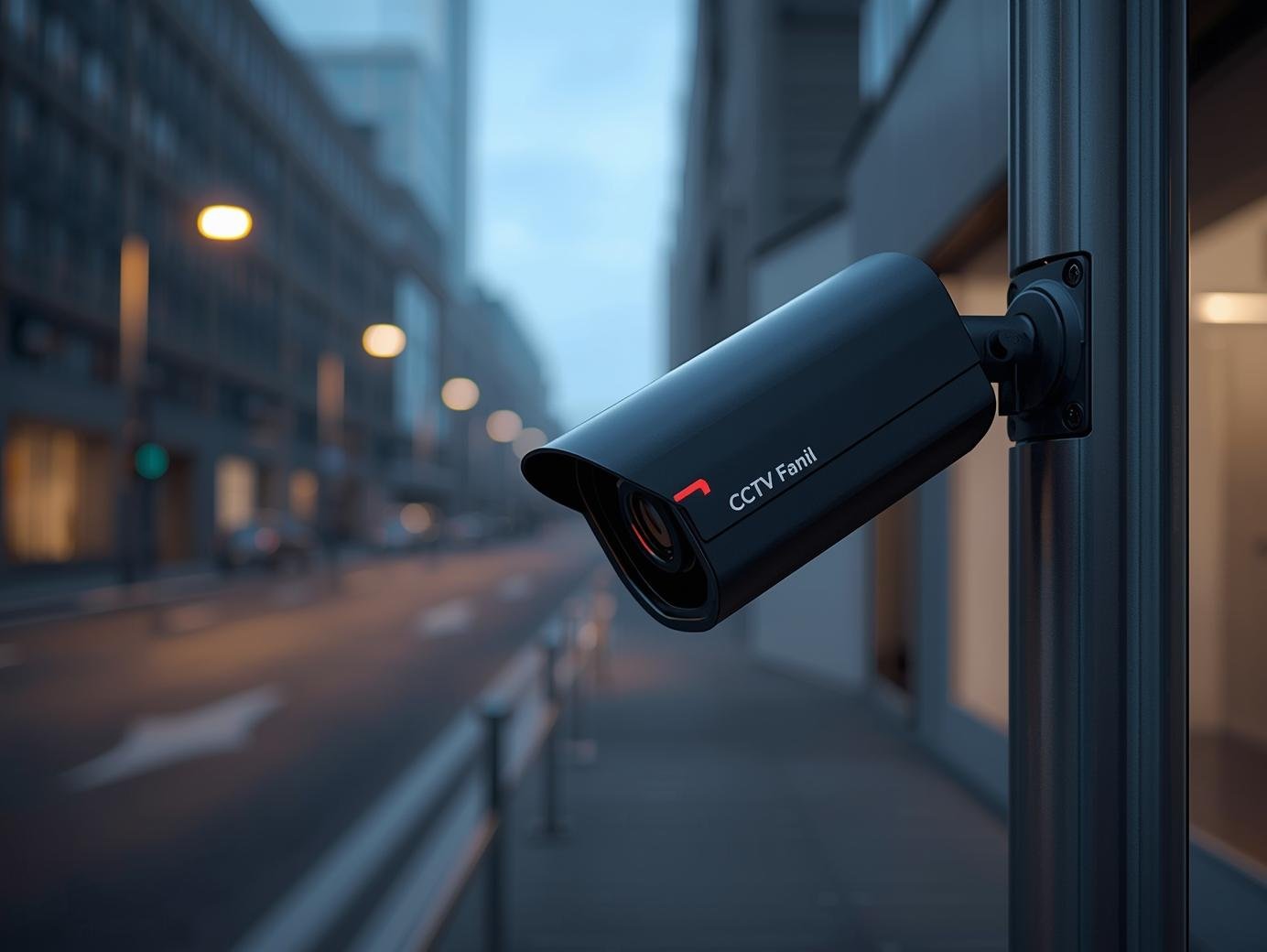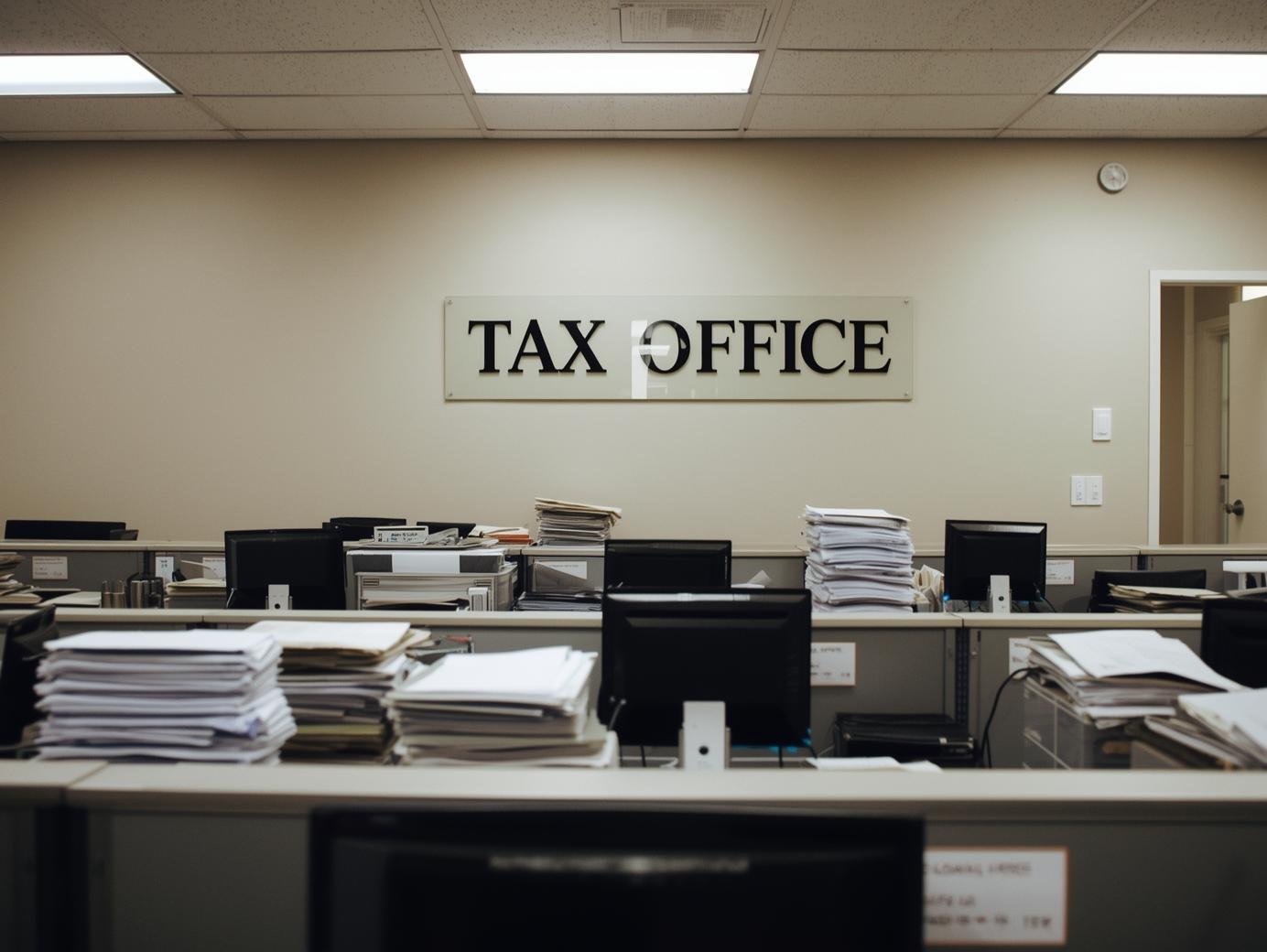Step 1: Decide the Type of Business
Before diving into the licensing and registration process, determine what type of business you want to start. There are several options, including:
- Commercial Business (retail, trading, etc.)
- Industrial Business (manufacturing, construction, etc.)
- Professional Services (consultancy, IT, education, etc.)
- Freelance Business (freelance activities like writing, graphic design, etc.)
You must also choose whether your business will be based in a free zone or within mainland Ras Al Khaimah. Each option has its benefits, including tax exemptions (in free zones) or access to the local market (in mainland).
Step 2: Choose the Business Activity
Once you decide the business type, determine the specific activities your business will undertake. Each business activity requires a specific license. You will need to ensure that your business activity matches the license category in order to avoid complications during the registration process.
Step 3: Decide on the Business Structure
Choose the legal structure of your business. This will affect ownership, liability, and other aspects of your company. Common business structures in Ras Al Khaimah include:
- Sole Proprietorship (for individual ownership)
- Limited Liability Company (LLC) (for multiple partners or investors)
- Branch Office (for foreign businesses opening a branch)
- Free Zone Company (for businesses in a free zone, with full ownership allowed)
- Representative Office (for foreign companies promoting their business in the UAE)
Step 4: Choose a Company Name
Selecting a business name is an important step. The name must reflect the nature of your business, and it must adhere to the naming regulations in Ras Al Khaimah, which include:
- No offensive or inappropriate words.
- No duplication of existing registered company names.
- No use of the names of governments or international organizations.
You can check the availability of your desired name through the Ras Al Khaimah Economic Department (RAKED).
Step 5: Obtain Initial Approval
The next step is to get initial approval from the Ras Al Khaimah Economic Department (RAKED) or the relevant authority based on whether you are registering in a free zone or the mainland. This approval will verify that your business idea is permissible and legally compliant.
Step 6: Lease a Business Premises
If your business requires a physical office or shop, you will need to secure a lease for commercial space. You can either rent an office in a business center, which is a common option for many startups, or rent a private office. For businesses in free zones, there are often flexible office space options available.
Step 7: Apply for the Business License
Once you have the required approvals, it’s time to apply for your business license. The type of license will depend on the nature of your business:
- Commercial License: For trading activities.
- Professional License: For services and consultancy.
- Industrial License: For manufacturing activities.
Submit all necessary documents such as:
- A copy of the owners’ passports and visas.
- A copy of the lease agreement.
- A No Objection Certificate (if needed).
- Your company name approval.
Step 8: Apply for Visas
If you are hiring employees or if you yourself need a visa to live and work in the UAE, you will need to apply for residency visas. You can apply for work visas for yourself and your employees once your business is officially registered.
Step 9: Open a Corporate Bank Account
After obtaining your business license, you will need to open a corporate bank account to manage the financial side of your business. Different banks may have varying requirements, but generally, you will need to provide:
- The trade license.
- A copy of your passport.
- Proof of address.
- Additional documents as required by the bank.
Step 10: Get Additional Approvals (if applicable)
Some businesses, especially those dealing with food, health, or education, might need additional approvals from specific government authorities. For example:
- Food-related businesses may require approval from the Food Control Department.
- Medical services may need licensing from the Health Authority.
Step 11: Start Operations and Marketing
Once you have completed the registration and legal steps, you can officially start your business operations. This is the time to focus on marketing, building your customer base, and delivering services or products to your clients.
Step 12: Comply with Ongoing Requirements
After launching your business, make sure you stay compliant with UAE laws. This includes:
- Renewing your business license annually.
- Submitting financial reports or audits as required.
- Keeping records up to date for tax and legal purposes.
- Complying with labor laws for employees.
Bonus: Explore Free Zones and Other Incentives
Ras Al Khaimah offers several free zones where businesses can benefit from incentives like 100% foreign ownership, tax exemptions, and more. Some well-known free zones in Ras Al Khaimah include:
- RAK Free Trade Zone
- RAK Investment Authority (RAKIA)
- RAK Maritime City Free Zone
These free zones offer flexible office spaces, support services, and a streamlined registration process, making them ideal for small and medium enterprises (SMEs).
Conclusion
Starting a business in Ras Al Khaimah is a smooth process when you follow the right steps. Whether you choose a mainland or free zone setup, understanding the licensing process, selecting the right business activity, and staying compliant with local regulations will help ensure the success of your venture. Make sure to plan carefully, seek professional advice if needed, and utilize local resources to help you navigate the process efficiently.






